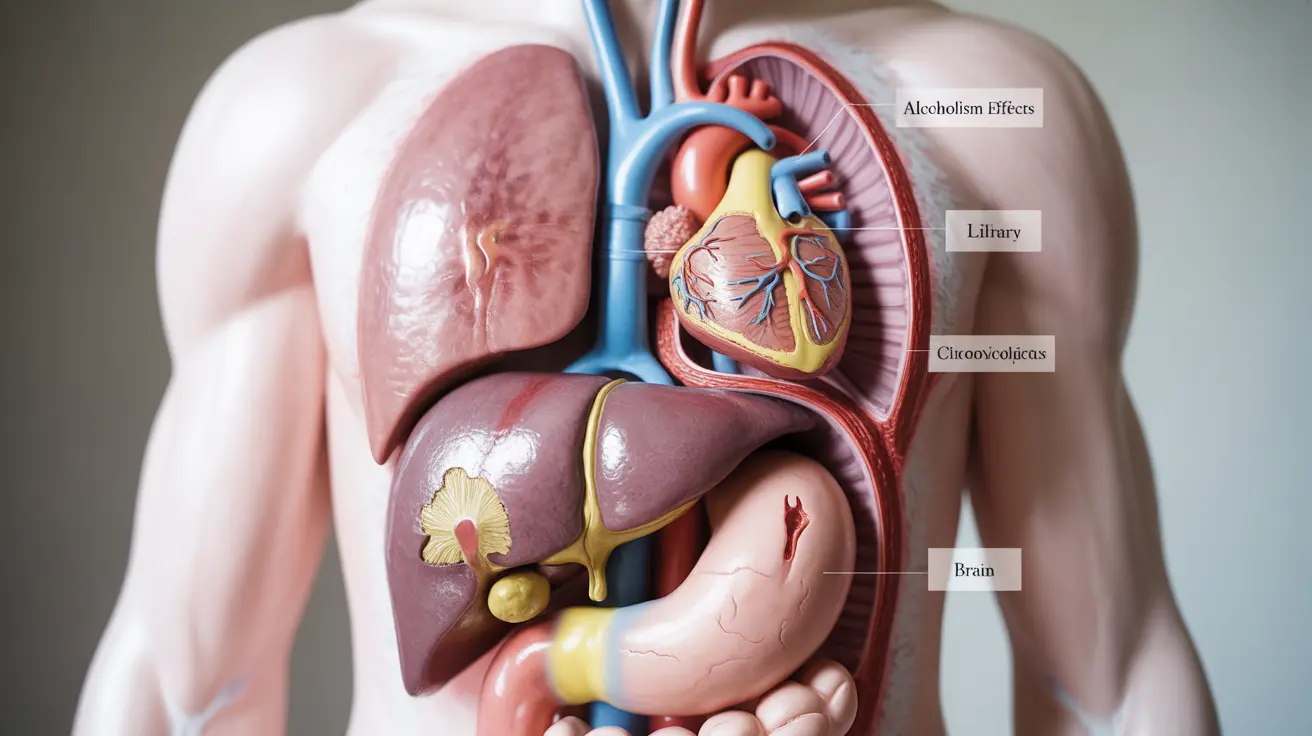Alcoholism is a progressive disease that can lead to devastating health consequences when left untreated. Understanding at which stage serious health problems emerge is crucial for both individuals struggling with alcohol dependency and their loved ones. This comprehensive guide explores the critical stages of alcoholism where health complications become severe and life-threatening.
The Progression of Alcoholism and Health Complications
Alcoholism typically develops through several stages, with the most severe health problems manifesting in the later phases. While early stages might show minimal physical health impacts, the progression into later stages brings increasingly serious medical complications that can affect multiple organ systems.
When Serious Health Problems Typically Emerge
The most severe health complications usually begin to appear during the middle to late stages of alcoholism, typically after years of heavy drinking. This is when the cumulative damage to the body becomes evident and potentially irreversible.
Key Physical Health Impacts
- Liver disease and cirrhosis
- Cardiovascular problems
- Neurological damage
- Gastrointestinal issues
- Compromised immune system
- Increased cancer risk
Identifying End-Stage Alcoholism
End-stage alcoholism represents the most severe phase of the disease, characterized by significant physical and mental health deterioration. Recognition of this stage is critical for immediate intervention.
Common Physical Symptoms
- Jaundice (yellowing of skin and eyes)
- Severe cognitive impairment
- Frequent infections
- Severe malnutrition
- Organ failure
- Withdrawal seizures
Behavioral and Social Signs
During this stage, individuals often experience complete loss of control over drinking, severe relationship problems, inability to maintain employment, and significant mental health issues including depression and anxiety.
Treatment Approaches for Late-Stage Alcoholism
Treatment at this stage requires comprehensive medical intervention and typically includes:
- Medically supervised detoxification
- Intensive inpatient care
- Nutritional support
- Organ-specific treatments
- Long-term rehabilitation
- Mental health support
Recovery and Health Restoration
While some damage from long-term alcoholism may be permanent, certain aspects of health can improve with proper treatment and sustained sobriety. The key is early intervention and comprehensive medical care.
Frequently Asked Questions
- In which stage of alcoholism do serious health problems usually occur?
Serious health problems typically begin to manifest in the middle to late stages of alcoholism, usually after several years of heavy drinking. However, the exact timing can vary depending on individual factors and drinking patterns.
- What are the most common symptoms of end-stage alcoholism?
Common symptoms include liver damage (cirrhosis), cognitive decline, severe malnutrition, organ failure, frequent infections, and potentially life-threatening withdrawal symptoms. Physical deterioration is often accompanied by significant mental health issues.
- How is alcoholism treated in its final stages?
Treatment involves immediate medical intervention, including supervised detoxification, intensive medical care for organ damage, nutritional support, and comprehensive rehabilitation programs. Long-term recovery support is essential.
- Can you reverse the health damage caused by long-term heavy drinking?
While some damage may be permanent, certain aspects of health can improve with sustained sobriety and proper medical care. The liver, for example, has some ability to regenerate if damage hasn't progressed too far.
- What are the signs that someone might be entering the end stage of alcoholism?
Key signs include severe physical health problems, complete loss of control over drinking, significant cognitive impairment, withdrawal symptoms, inability to function without alcohol, and serious complications in personal and professional life.




